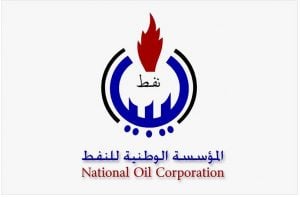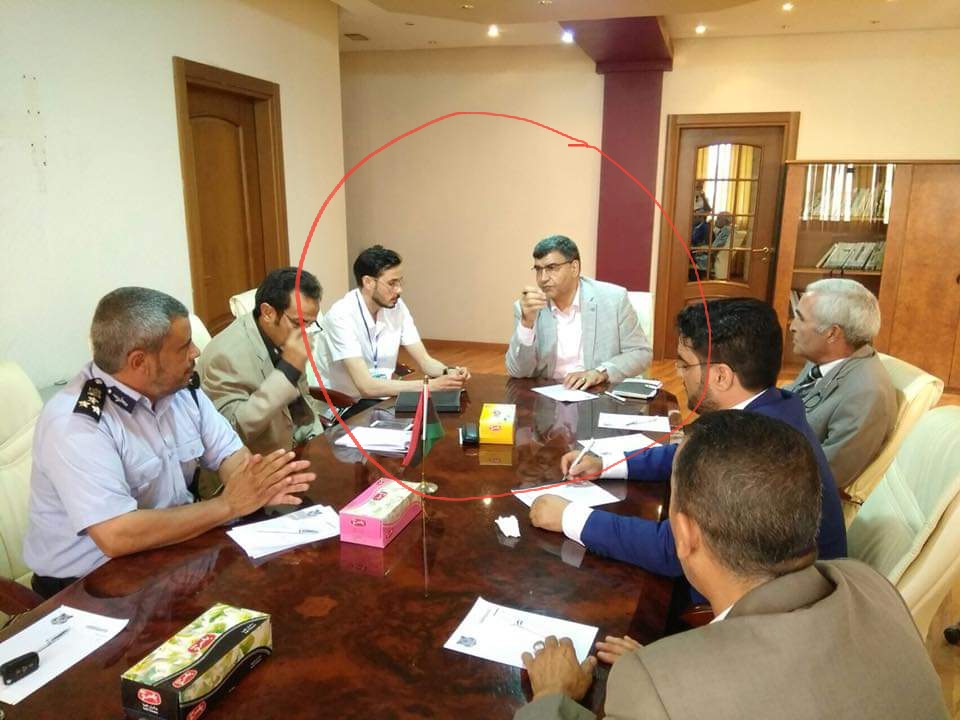By Sami Zaptia.
London, 8 January 2019:
Libya’s National Oil Corporation (NOC) recorded an average production of 1.107 million barrels per day in 2018. It also reported total revenues of 24.4 billion USD which it says is a five year high and a 78% year-on-year increase.
NOC chairman Mustafa Sanalla presented the 2018 financial data and NOC subsidiary plans for the coming year during a press conference in Benghazi on Sunday.
This follows two weeks of general assembly and coordination meetings between the NOC Board of Directors and operating companies.
Briefing reporters on the 2018 performance, Sanalla said the “NOC has achieved its highest levels of production and revenues since 2013. But this was not easy. Our colleagues Abdel Aziz Bashir and Waheed Dardor sacrificed their lives – may they rest in peace. There are others who have been kidnapped, physically assaulted and intimidated. We thank every NOC employee for their continued service under these extreme circumstances”.
He added that the “NOC has managed to retain its independence and evade all national political differences, as well as frequent attempts to harm the company; always putting the national interest above all else”.
“I am still confident that our future is bright, and that Libya will be able to overcome difficult times,” added Sanalla.
The “NOC is also expanding – a number of new companies will start operations – such as the Zulaf Libya Company in the South, and the Oil Construction Company here in Benghazi.”
The “NOC will continue to adhere to the principle of transparency and I renew my call for all national authorities to do likewise. Every Libyan citizen has the right to know how every dinar is spent,” said the chairman.
Addressing the situation at the Sharara oil field Sanalla added that the “NOC has always been one of the biggest advocates for the legitimate rights of Southern communities. These rights are exploited by a group of armed criminals, who are currently overseeing the looting of the field. This crisis is a threat to the future of our country, and it saddens me that oil assets are again being used as a political tool.”
The chairman reaffirmed his call for emergency security measures: “Lack of security is the most serious challenge not only to production but also to sustainable development projects and investor confidence. Security in the oil regions must be the top priority for everyone in this country.”








